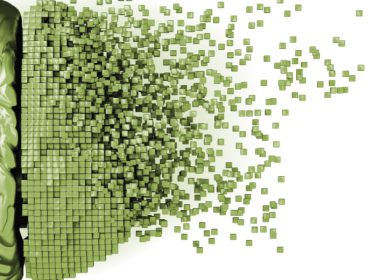Snapshot
- Wild v Meduri, by majority, restores the use of direct speech and ‘words to the effect of’ for New South Wales courts, overruling the acceptance of Kane’s Hire Pty Ltd v Anderson Aviation Australia Pty Ltd by Gan v Xie earlier this year.
- NSW lawyers should carefully address the exact degree of a witness’ recollection of conversations and the precise words used when drafting affidavits to ensure they meet the varying drafting expectations of federal and NSW courts, with direct speech to be far more limited in federal than NSW courts.
- The affidavit should identify the degree of recollection the witness has of a particular conversation (and the words used in it) and, if adopting a narrative form, avoid the use of vague and conclusory language.
- The most important lesson for all jurisdictions is that lawyers should never make up anything in a witness affidavit, particularly not direct speech attributed to witnesses.
In Kane’s Hire Pty Ltd v Anderson Aviation Australia Pty Ltd [2023] FCA 381 (‘Kane’s Hire’), Jackman J held that the practice of witness affidavits referring to a conversation, often some years later, in direct speech preceded by phrases such as ‘words to the effect’ was ‘grammatically… ethically… wrong’ and could lead to adverse credit findings. This was reinforced by Jackman J in the Full Federal Court in Lantrak Holdings Pty Ltd v Yammine [2023] FCAFC 156 (‘Lantrak’).
It appeared, until Wild v Meduri [2024] NSWCA 230 (‘Wild v Meduri’), that NSW courts agreed with the new Federal Court position. Our August 2024 article, ‘Direct speech evidence after Kane’s Hire and Gan v Xie: did you get the gist?’, discussed several NSW and federal judgments, including the NSW Court of Appeal decision in Gan v Xie [2023] NSWCA 163 (‘Gan v Xie’), which cited Kane’s Hire with approval. These cases indicated that NSW lawyers, whichever jurisdiction they were appearing in, should only use direct speech in affidavits where the witness was confident of their recollection and the exact words spoken. However, the NSW Court of Appeal has now confirmed otherwise.




